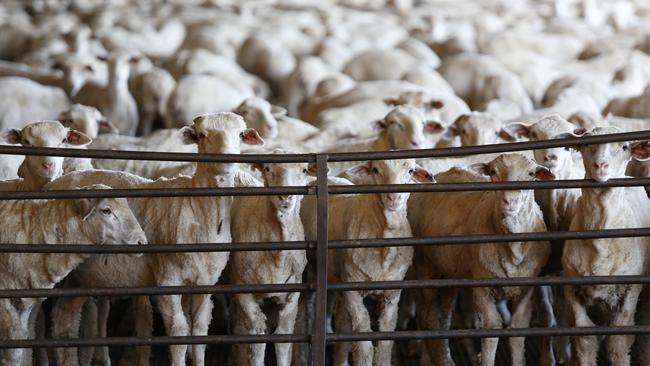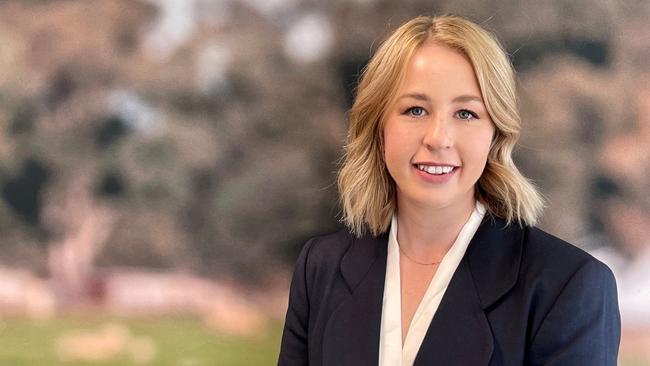WA sheep farmers confidence crushed under weight of live export ban
Fears are mounting about the viability of WA’s entire commercial sheep industry if the federal government pushes ahead with its live export ban.
A proposed live sheep export by sea ban has led to a massive drop in producer confidence and raised fears the entire commercial sheep industry could become unviable should the trade be phased out.
National Farmers’ Federation president Fiona Simson said the results of two recent surveys were a “wake-up call” for the Albanese government and called for it to reconsider its “activist-led” export ban.
A survey of sheep producers by Meat and Livestock Australia and Australian Wool Innovation found a 90 point drop in sentiment among WA producers – the only state to have a negative outlook.
Rabobank has reported an 8 per cent increase in producer nervousness over government policy and intervention, although WA farmers were again the only state with a predominantly pessimistic outlook.

“Confidence among WA sheep producers is through the floor. It’s no surprise given the cloud of uncertainty Canberra has blown their way,” Ms Simson said.
“These aren’t just numbers. They’re real farming families who don’t know what their future holds. This is the chaos that happens when you have animal rights extremists dictating the agenda in Canberra.”
Labor is progressing a live sheep by sea export ban after pledging to do so in the run-up to the past two federal elections, claiming the trade had lost its social license.

The live export trade is embedded in WA’s sheep industry, with the state accounting for 99.2 per cent of the 502,758 animals exported from Australia in 2022.
An independent panel formed to help farmers transition from the industry will report to government in September.
Sheep Producers Australia chief executive Bonnie Skinner said government policy settings had created uncertainty among producers and affected business investment and planning decisions.
“Live export plays a vital role in underpinning competition that drives a viable and sustainable sheep industry,” Ms Skinner explained.
“Producers are losing confidence that a commercial sheep industry will still exist should live sheep export by sea be phased out.”
The producer intentions survey also found some WA sheep farmers would reduce flocks, particularly breeding ewes, and increase plantings in direct response to the ban.
However, local farmers also said some grazing land is unsuitable for cropping.
Producers also raised concerns about carrying extra sheep on-farm as processors worked through a significant backlog and oversupply of lambs.




